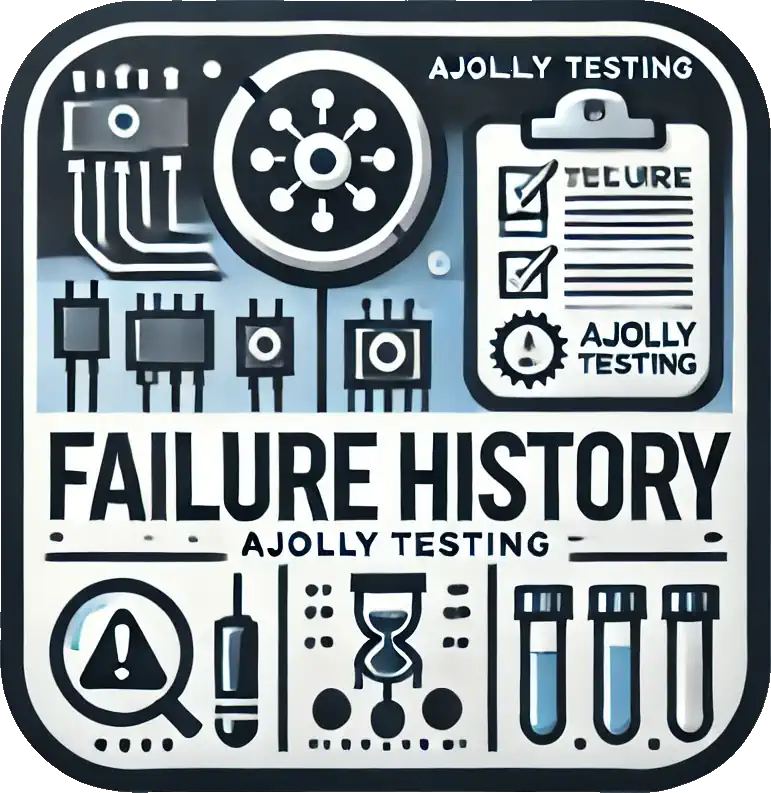
The DUT failure history is the complete record of all defects, anomalous behaviors, and test statuses that a given tested product has exhibited throughout its lifecycle — from initial testing to possible field returns (RMA).
This history is essential for the identification of recurring failures, technical traceability, continuous improvement, and to feed quality systems like CAPA, FMEA, 8D, among others.
A product without history is a hidden risk. A product with tracked history is an opportunity for improvement.
🧩 What data should compose the failure history?
| Information | Purpose |
|---|---|
| DUT serial number | Unique and traceable identification |
| Firmware version / revision | Behavior analysis by release |
| Station and test software | Location and context of the failure |
| Type and failure code | Objective defect classification |
| Date, operator, and shift | Operational context of the test |
| Final status (OK, REWORK, NG) | Test conclusion |
| Applied actions | Repair, adjustments, revalidations, and subsequent validations |
⚙️ Benefits of failure traceability
- Detection of failure trends by batch, line, or supplier
- Support for root cause failure analysis (RCFA)
- Agility in the identification of DUTs in the field affected by a specific failure
- Technical feedback for product engineering and test engineering
- Support for repair standardization and updating of jigs or firmware
🔧 How AJOLLY Testing supports the DUT failure history
AJOLLY Testing develops complete traceability solutions for DUTs with automatic recording, failure classification, and integration with quality and test systems.
📁 Complete recording by serial number
- Each tested DUT generates a log with status, failure, test time, and system reactions
- Export to SQL database, CSV files, or APIs for MES/ERP
- Access to data via dashboards Power BI, web portals, or controlled spreadsheets
🧠 Intelligent failure classification
- Standardized coding (initialization error, communication failure, out-of-range limit…)
- Grouping by symptom, component, test stage
- Generation of Pareto, recurrence charts, and reliability indices (MTBF, RRR)
🔄 Data reuse for improvement
- Feeding CAPA, 8D, FMEA, Kaizen systems
- Monitoring of reprocessed DUTs (REWORK)
- Reduction of rework and support for engineering with real data
With AJOLLY Testing, the DUT failure history ceases to be lost information — and becomes an active tool for quality, traceability, and continuous improvement.
